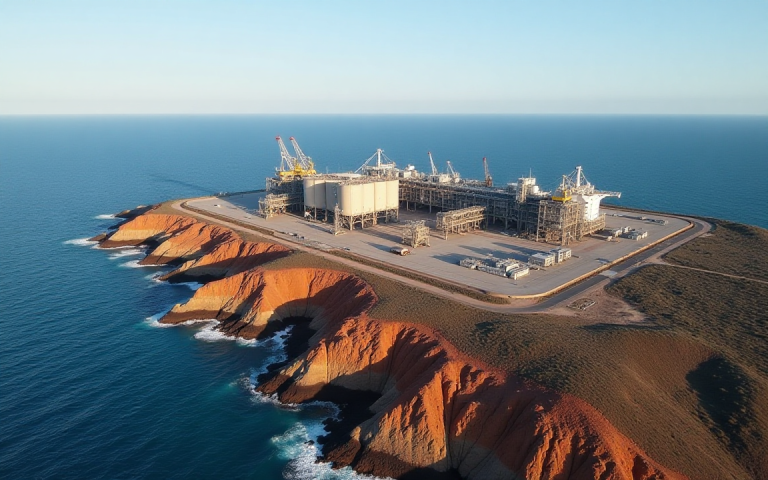In a significant development for international finance and energy markets, Chinese rating agency CSCI Pengyuan has assigned a domestic triple-A rating to Gazprom, Russia’s state-controlled oil and gas conglomerate.
This top-tier rating, announced on Friday, comes amid growing speculation and media reports suggesting that Beijing is actively preparing to grant major Russian energy firms renewed access to its domestic bond market, according to a Reuters report.
Gazprom, a pivotal player in the global energy landscape, has faced considerable challenges due to sanctions imposed by Western nations, including the US, which has blacklisted the company.
The triple-A rating from a prominent Chinese agency like CSCI Pengyuan could offer a crucial lifeline, potentially enabling Gazprom to raise capital within China and mitigate some of the financial pressures stemming from Western restrictions.
Strategic implications and China’s role
This move underscores the deepening economic ties between China and Russia, particularly in the energy sector, as both nations seek to navigate a complex geopolitical environment.
Access to China’s vast domestic bond market would provide Gazprom with a new avenue for financing, reducing its reliance on traditional Western financial institutions and markets.
The implications of this development are far-reaching, potentially reshaping energy trade flows and investment patterns on a global scale.
CSCI Pengyuan said:
Gazprom’s rating reflects its strategic importance and legal ties to the Russian government.
The firm’s strong business profile, as a market leader in the global oil and gas industry and a key player in Russia’s energy market, underpins its credit profile, the statement added.
Days after Russia and China approved the Power of Siberia 2 pipeline, the “AAA” rating with a stable outlook was granted.
Gazprom announced during Russian President Vladimir Putin’s visit to China last week.
Panda bonds and Renminbi internationalisation
In a crucial development reported by the Financial Times on Sunday, citing informed sources, senior Chinese financial regulators recently conveyed their intent to support top Russian energy companies in their issuance of renminbi-denominated “panda bonds.”
The move to back “panda bonds”—bonds issued by non-Chinese entities in mainland China and denominated in yuan—highlights China’s growing role as an alternative financial market for countries facing limited access to traditional Western capital markets.
For Russian energy giants, this could provide a crucial new avenue for raising capital, diversifying their funding sources, and potentially reducing their reliance on the US dollar and euro.
This development also underscores China’s broader ambition to internationalise its currency and establish the renminbi as a more prominent global reserve and trading currency.
The support from Chinese regulators suggests a strategic alignment aimed at bolstering bilateral economic ties and navigating the complexities of the current geopolitical landscape.
In China, companies generally secure credit ratings prior to issuing bonds.
CSCI Pengyuan highlighted “high geopolitical risks” linked to Gazprom, which faced US sanctions after Russia’s 2022 invasion of Ukraine.
The rating agency reported that the company’s gas export revenue and volume decreased in 2023. This decline was attributed to the negative impact of sanctions and geopolitical disruptions on the company’s operations.
As the geopolitical landscape continues to evolve, operational uncertainties persist.
Last month, Zarubezhneft, a mid-scale upstream oil company wholly owned by the Russian Federation, was assigned an “AAA” credit rating by CSCI Pengyuan.
The post Russia’s Gazprom secures triple-A rating from Chinese agency appeared first on Invezz

